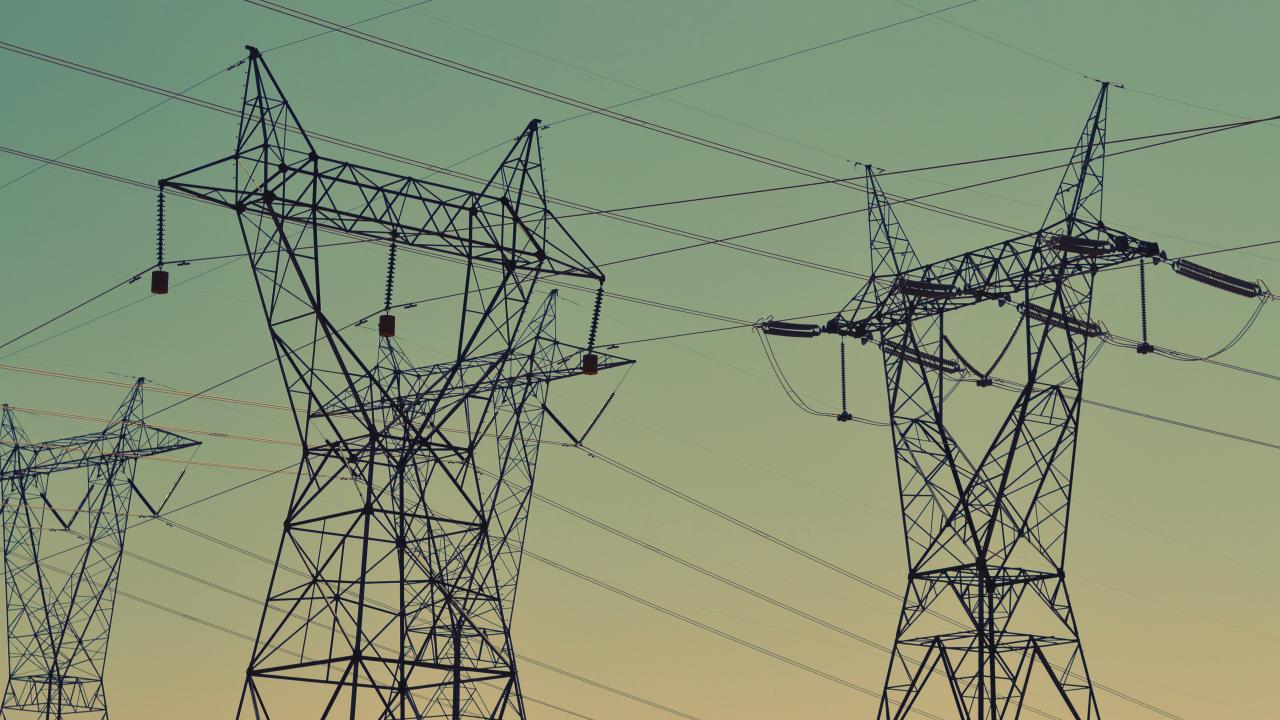Sparks fly over payments for power towers

Landowners affected by the proposed North West Transmission Development (NWTD) have returned to the negotiation table with the recently reinstated Liberal minority government and TasNetworks.
Before the July 19 snap state election, affected landholders had been offered a Strategic Benefit Payment (SBP) of $200,000 per km of transmission line to be paid in annual indexed instalments over 20 years.
Energy and Renewables Minister Nick Duigan said that the offer still stood, but during the election, TasFarmers held a meeting with some affected landowners where it was rejected.
TasNetworks has submitted a development application to the Tasmanian Planning Commission for the NWTD project, which is expected to be completed in 2032.
The project is seen as a crucial piece of infrastructure for the Marinus Link and around 275 landholders are eligible for the SBP during stage one of the development.
TasFarmers CEO Nathan Calman said landowners were awaiting a formal response from the government after it had requested changes to the SBP.
“The transmission lines won’t be in operation for at least five years, so understanding how the consumer price index between now and when the line is energised changes the actual amount of benefit that people receive is a really important element that we’re trying to negotiate in.”
But Mr Calman said they were still seeking clarity on what the minimum distance of transmission lines landowners could be compensated for.
“If you had, for example, 10 metres of lines crossing the corner of your land, we don’t think that recognising somebody for 10 metres is going to be adequate sharing of benefits.
“So we’re proposing that there should be a minimum distance that you would be paid for.
“It would act like a rounding proposal.”
Mr Calman said the current SBP offer is based on what the NSW government paid to landholders in 2022 when it made changes to its energy grid.
“Our transition towards renewables is only going to happen in an environment where landholders are able to share in the benefits that hosting renewable assets generate.
“We need to actually have sensible adult conversations that are time-bound and don’t roll on endlessly.
“This group of landholders have been in limbo for a long period of time, and are no doubt frustrated and angry with the process that’s been followed to date.
“The government need to treat them with respect and wrap this matter up as a priority.”
TasNetworks has been engaging with landowners on the NWTD since 2020 and is responsible for negotiating with affected property holders.
But the SBP was set by the government and affected landowners were notified of it on June 5, less than a week before the snap election was called.
“We understand the impact that developments such as transmission infrastructure has on landowners and we recognise the important role landowners are playing in the delivery of Project Marinus,” Mr Duigan said.
“The Government expects genuine engagement from TasNetworks on land access arrangements.”
Mr Duigan said the current SBP was “over and above the normal compensation eligible landowners will receive” and that the offer had already been accepted by many of those affected by the NWTD.
“The payment follows extensive consultation with TasFarmers, aligns with what other jurisdictions are doing, and recognises the vital role landholders play in Tasmania’s renewable energy transformation.
“I encourage landholders to continue engaging with TasNetworks to ensure the best outcome for them can be reached.”
Consultation with TasFarmers on the final implementation details of the STP is continuing, and Mr Duigan thanked the organisation for its advocacy for the scheme and its constructive input to date.
“The Government expects compulsory acquisition of any easements by TasNetworks to be an absolute last resort,” he said.
“It has been important to reach an acceptable outcome that balances the interests of landowners with the major benefits to our state with Project Marinus, while keeping the costs of the transmission down - which, under national rules - need to be recovered from energy users.”
Mr Duigan also said in parliament that compensation for landholders whose properties were neighbouring those with transmission lines was not being considered.




Add new comment